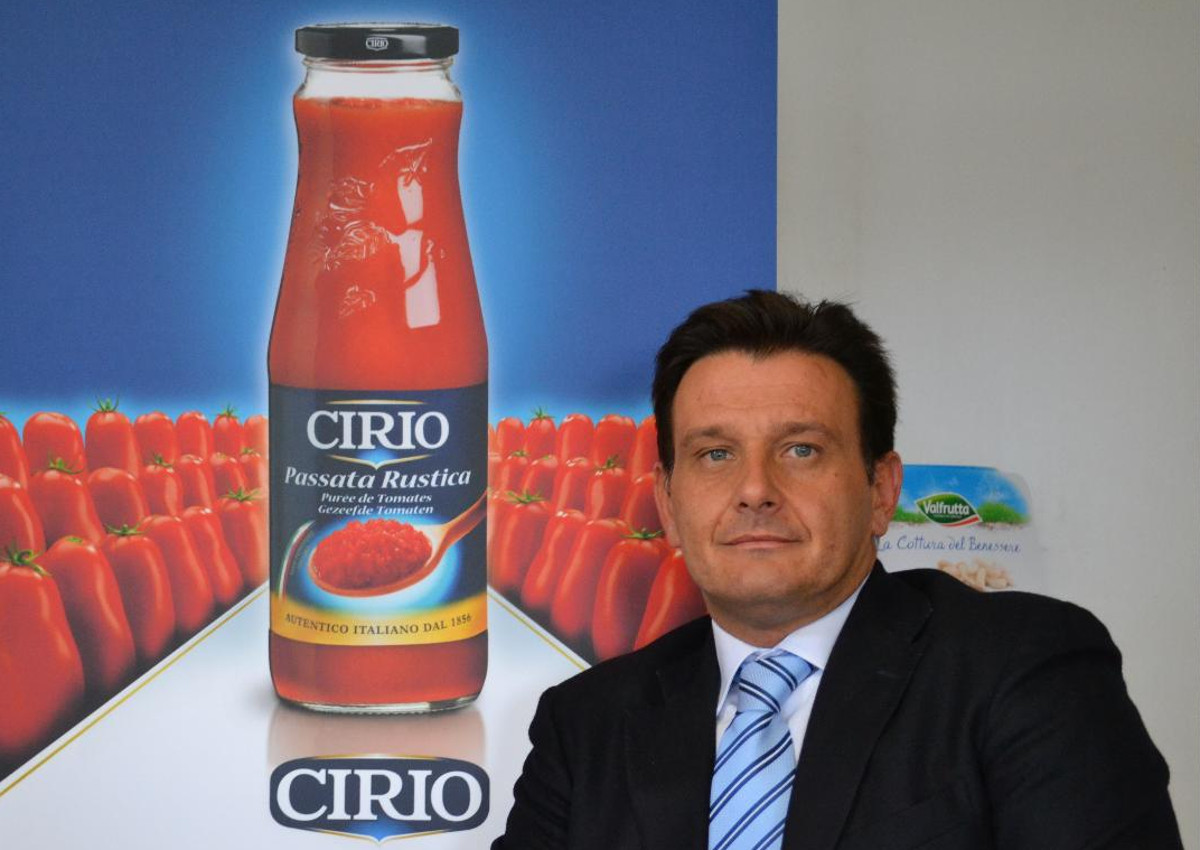
If the US will apply duties to imports of European food products, the impact on the tomato preserves market would certainly be negative: to maintain their quotas, companies would be forced to review their pricing policies, with a consequent erosion of turnover. This is the judgment of the possible implications of American protectionist threats according to Diego Pariotti (in the picture above), Head of the Foreign Sales Department of Conserve Italia Cooperative Consortium for a few months now.
Duties: not only USA
In recent months, – continues Pariotti – there is a great deal of talk about the threats of Trump duties; but if you look at tomato sales in the world, there are still many markets with protectionist measures that effectively prevent exports of Italian tomato-based products from growing. For example, the countries of the Middle and the Far East; as well as Argentina, a market where there are strict production quotas (imports from abroad can only be made if quantities of a similar value are exported from Argentina) and local tomato growers have requested subsidies from the government to protect their production. Exporting tomatoes to Australia – says Pariotti – is particularly difficult. In this country, companies like Conserve Italia – simply because a leader in Italy with its own brands – find it very difficult to export because of high duties imposed by Australian government; duties that have a heavy impact on the final sale price, preventing large Italian players from being competitive and from intercepting new consumers.
Conserve Italia exports
Despite the protectionist measures already in force and those threatened, Conserve Italia does not neglect any of the emerging markets. By now, the company has established business relationships with over 60 countries in the world. Europe remains the hard core of our export sales – explains Pariotti – particularly in the UK, Germany, France, and Scandinavian countries. But it is now clear that we can only generate value for our economic system by increasing our shares in countries such as Canada, Japan or South America and exploring the whole area south of China. In the latter, average growth rates reach 5%, with a significant potential for consumers interested in our products. Not to mention China itself, which represents a significant opportunity for a double-digit growth in our turnover. Here we are investing – with a Brand Ambassador – in educational activities on the use of our products in hotel and restaurant chains, with partners such as the Italian Chefs Federation.
